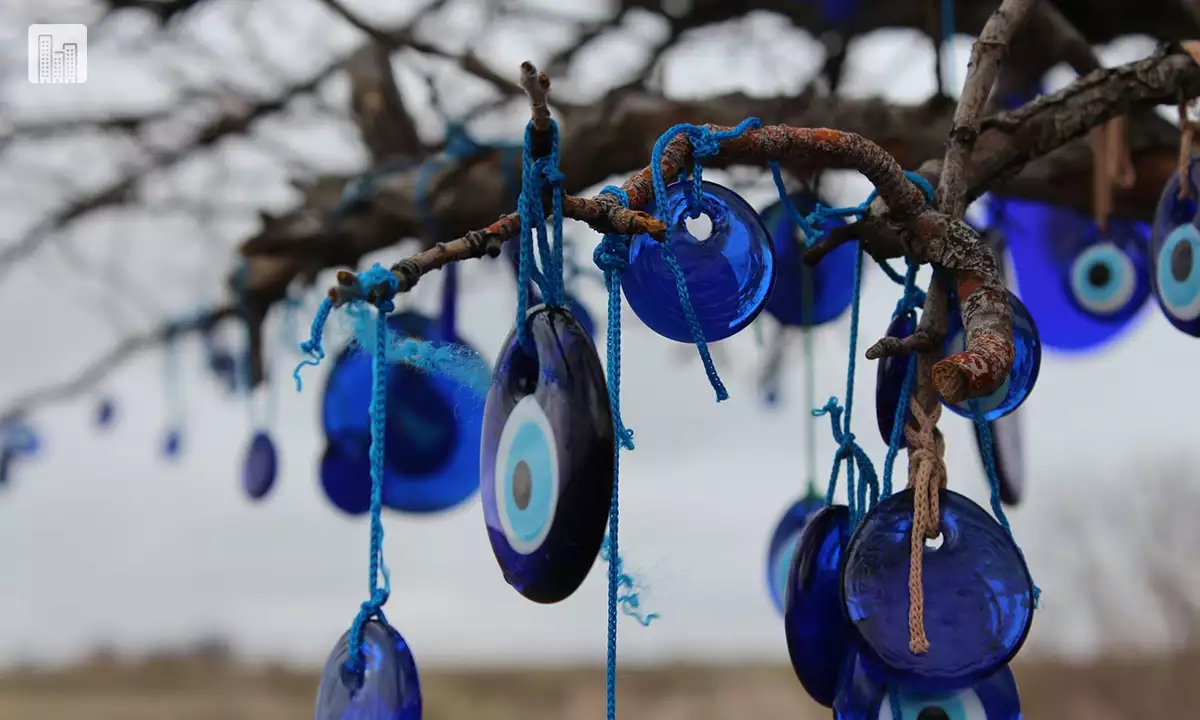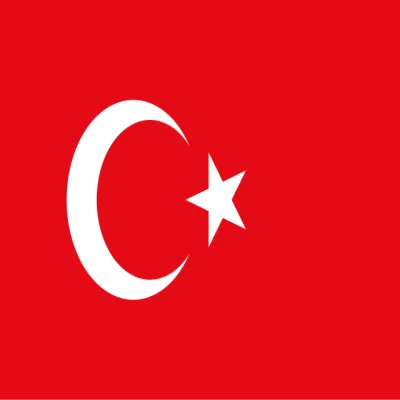By Justin Mays:
Traveling
or moving to other countries, for sure, brings you joys, and the freshness is
up to the ending date of the "honeymoon phase"! Still, you expect
some culture shocks, but eventually, they will shock you to the core.
Let's see what culture shocks are waiting for you while moving to Turkey!
- Food Culture Shock
Families had two meals per day throughout the Ottoman era. The first meal, comparable to brunch, was consumed between morning and noon, while the second was consumed between the hours of late afternoon and nighttime. This was more of a feast, with multiple meat dishes served with veggies. There were also various legume side dishes. The funny part is, still, most families have two meals a day, breakfast, and dinner. During the week, the breakfasts are delicious yet quick and simple. On weekends, breakfast is a time for the entire family to gather and eat various meals. As a result, weekend breakfasts tend to be lengthier than weekday breakfasts.
Turkish
people have a sweet tooth. So, if you have one too, you will enjoy their
desserts so much. Everyone knows about Baklava with ice cream and Turkish
delight. But have you heard about Kazandibi and Asure?
Kazandibi is the chicken breast pudding cooked while clinging to the pan's bottom and edges. After scraping off the overdone pudding in long, wide strips, it is folded into sections with the darker side up to form a roll. Kazandibi means "the very bottom of the pan" in Turkish. That is where this meal originates.
The Oldest Dessert in the World, Asure, or Noah's Ark pudding, is a medley of healthful ingredients such as dried fruits, lentils, and whole-grain wheat sweetened with sugar and fruit juices cooked all together in one pot. This pudding generally includes apricots, raisins, currants, figs, pine nuts, walnuts, hazelnuts, chickpeas, and navy beans, to mention a few elements.
- Be careful of the pronunciations!
We understand how enjoyable it is to learn a new language or the basics while you have just moved to another country. But you should pay attention to some pronunciations, or you will face something you did not expect!
Pasta in Turkey means cake. Unless you want to be served a whole cake, make sure you replace it with "Makarna" if you want to have an authentic dish of "Pasta"!
Some words are only different in vowels. Imagine you want to call a waiter or a waitress in a restaurant. You should use the sentence "Bakar mısınız," which means can you look? In English, it is translated as "excuse me." However, if you say "Bekar mısınız," it means "are you single"? The same goes with ışık (light) and eşek (donkey).
- Water Spilling After a Passenger Leaves
If you're getting ready for a vacation and some Turkish people are there to greet you, you might question why they're holding a tiny cup of water. They pour water after the passengers depart, according to their customs. It's similar to making a positive wish for them. It means "like water, travel and return easily and quickly." Nowadays, older people still do it.
- Writing Names on the Bride's Wedding Shoes
Another interesting Turkish custom! When a couple marries, the bride has a crucial task: write the names of her unmarried friends and family under her wedding shoe! It may appear strange, but it is thrilling for name owners who wish to be written. The bride looks under her foot when the wedding celebration is done to discover which names have been nearly erased! If she can still read your name, you will be alone for a long time. However, if she can't see your name or can't read it at all, we may assume you'll be married soon!
- Evil Eyes
The translation of evil eye isn't perfect, but it's the best one available. Nazar Boncuğu (pronounced /n/a/z/a/) is a bead, a blue glass fashioned like an eye that combats negativity. In Turkey, wearing evil eyes is very widespread. Individuals think that not only does it look lovely, but it also shields them from the harmful energy of unpleasant people. It is typical for individuals to cast an evil eye at newborns, children, or simply the people they care for. It may be worn as an accessory or as a decorative ornament in your house.
- Inviting a Visitor to Your Home
If you've never visited a Turkish home, you might be shocked at how vital hospitality is. Turkish people are concerned about hospitality. When someone visits them, they go out of their way to make them feel at ease. That, ironically, can occasionally make our visitors uncomfortable. Consider visiting a Turkish friend or family, and she repeatedly invites you to eat what she has cooked, even if you are not hungry. She might say, "I'll be very sorry if you don't eat." She may even threaten to be outraged if you offend her.
- Greetings in Turkey
In Turkey, men greet one another by shaking hands and keeping eye contact. A strong handshake is proper. Hugs and soft pats on the back are common gestures amongst close friends and relatives. Other men may kiss both cheeks. Men may also welcome one another by touching their temples, as in a political party greeting.
While ladies may greet each other with delicate handshakes on first meetings, close friends regularly kiss each other's cheeks while softly cuddling.
The finest advice for a guy welcoming a lady is to follow the other's lead. Shake their hand if they extend it. If they offer you their cheek, kiss both of them. If you cannot offer your hand, merely nod, or say "Merhaba" (hello) respectfully.
When you enter a shop, cafe, or any other place, you may hear "Hoş Geldiniz," which means "welcome." "Geçmiş Olsun" is a genuine "Get well soon" wish for someone who is ailing.
In Turkey, a backward tilt of the head, sometimes accompanied by raised eyebrows or simply lifting the eyebrows alone, implies "no," whereas in most other nations, a nod denotes "yes."
Placing one's hand on the heart or on the chest region is a popular gesture in Turkey. This gesture is used to convey thanks as well as to communicate greetings.
In a Turkish restaurant, clients will ask for the bill by joining their index and thumb and making a "writing on the air" motion with their fingers.
Culture shocks are
just new approaches to see things differently, and to understand other
perspectives. Hope you enjoy and have a wonderful time in Turkey!












